US man flays H-1B rules as Indian friend forced to leave
Nathan Platter said the 60-day grace period forces skilled workers to leave the U.S., depriving the economy of global talent.
 H-1B Visa / File Photo
H-1B Visa / File Photo
An American data scientist criticized the United States’ H-1B visa policy after his Indian friend was forced to leave the country due to the program’s strict rules.
Nathan Platter, based in Minneapolis, wrote on LinkedIn that his friend, who had lived in the U.S. for eight years, was compelled to return to India after losing her job and failing to secure another employer within the 60-day grace period granted to H-1B holders. She had completed undergraduate and postgraduate studies in the U.S. and subsequently worked there for two years.
Also Read: MAGA commentators escalate attacks on India over trade, visas
“We let her study here. Work here. Pay taxes here. And now we’re kicking her out?” Platter wrote. Calling the policy “ridiculous,” he said it deprived the U.S. economy of skilled professionals.
“We’re educating brilliant minds and then handing them to our global competitors. Startups lose. Landlords lose. Cities lose. America loses. We need better ways to retain international talent. H1B needs a complete overhaul. Not next year. Now,” his post stated.
The H-1B program currently requires visa holders who lose employment to either find a new sponsor, change their immigration status or leave the country within 60 days. Immigration analysts say the period is often insufficient for job seekers given the paperwork and sponsorship requirements.
Advisory bodies, including the Presidential Advisory Commission on Asian Americans, Native Hawaiians, and Pacific Islanders, have recommended extending the grace period to 180 days.
The Department of Homeland Security is expected to introduce regulatory changes by the end of 2025, including a weighted lottery favoring higher-wage applicants and stricter scrutiny of cap exemptions. At the same time, the pilot program that briefly allowed domestic visa renewals has ended, requiring most applicants to process renewals abroad.
India’s Ministry of External Affairs has also emphasized that the mobility of Indian professionals under the H-1B framework benefits both countries and strengthens bilateral cooperation in technology and innovation.
Recent figures show only 120,141 H-1B registrations were selected for the 2026 fiscal year, the lowest since 2021, amid rising political debate over the program. Business groups have cautioned that rigid visa rules risk pushing skilled workers to competitor countries, undermining U.S. economic interests.


 Staff Reporter
Staff Reporter
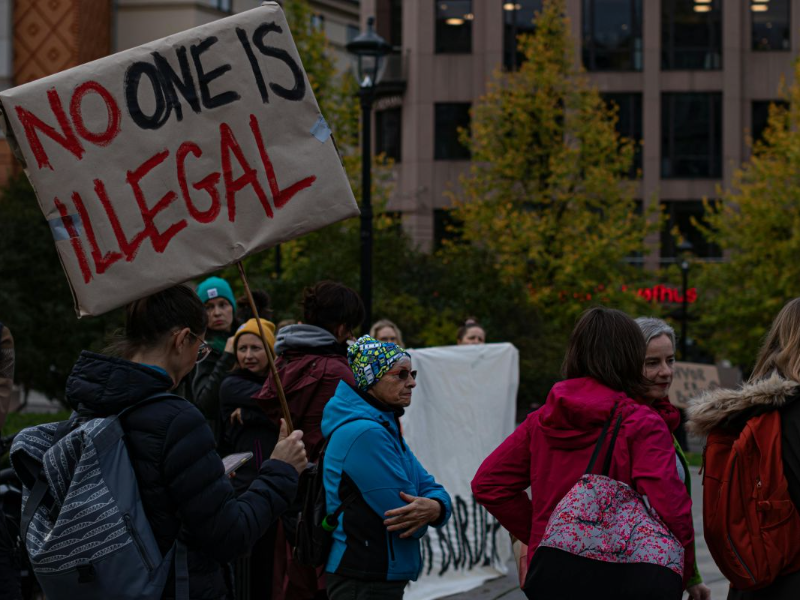
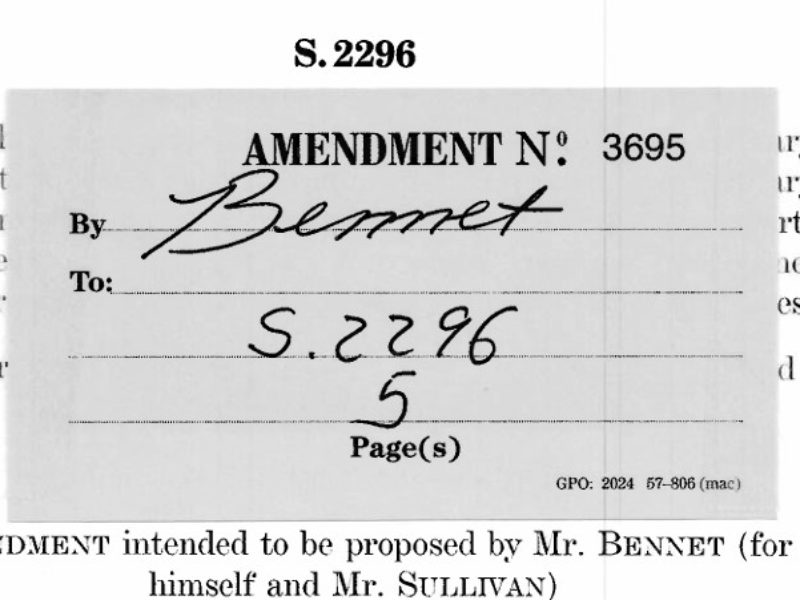

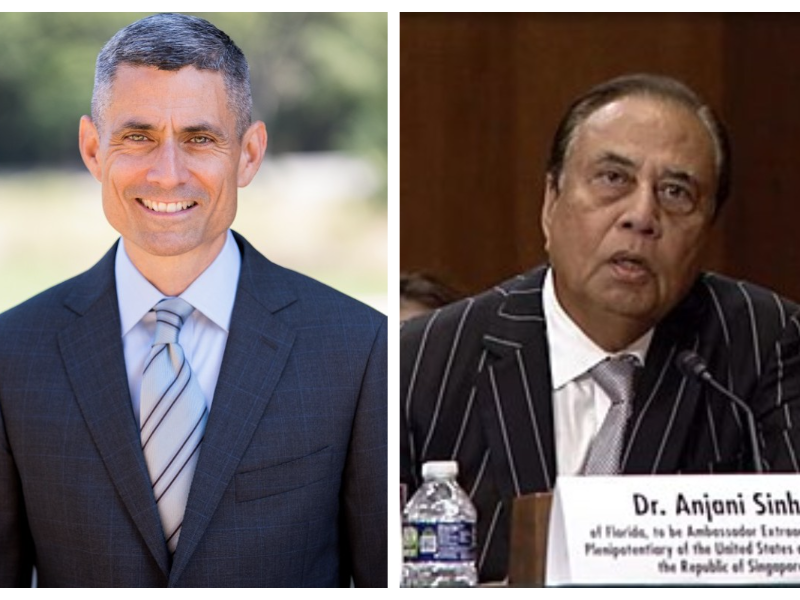

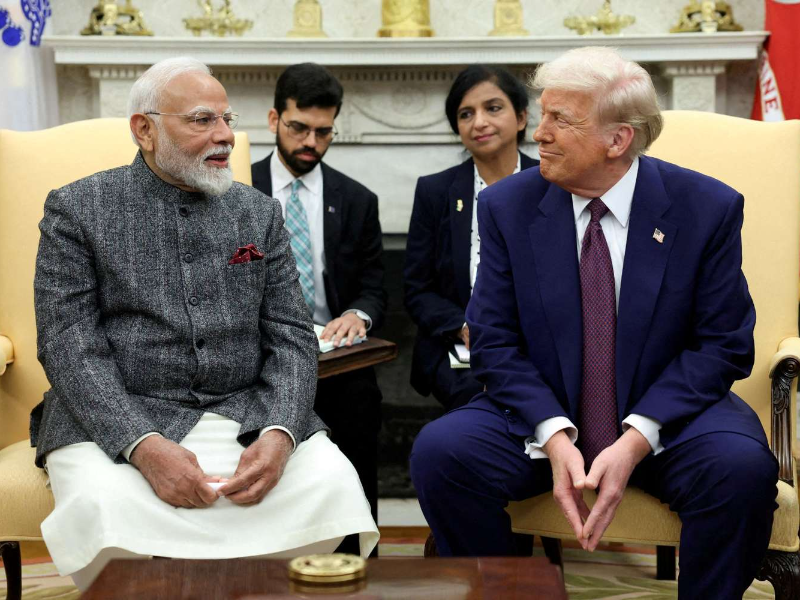

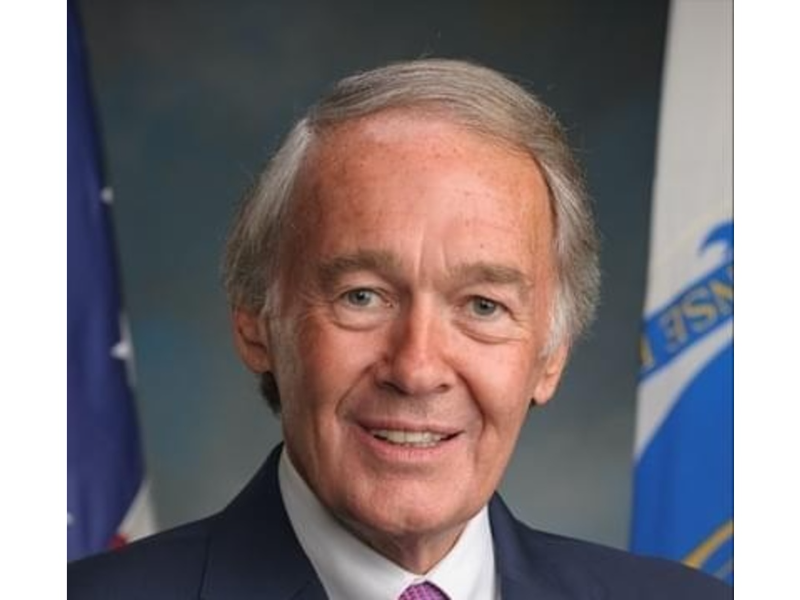


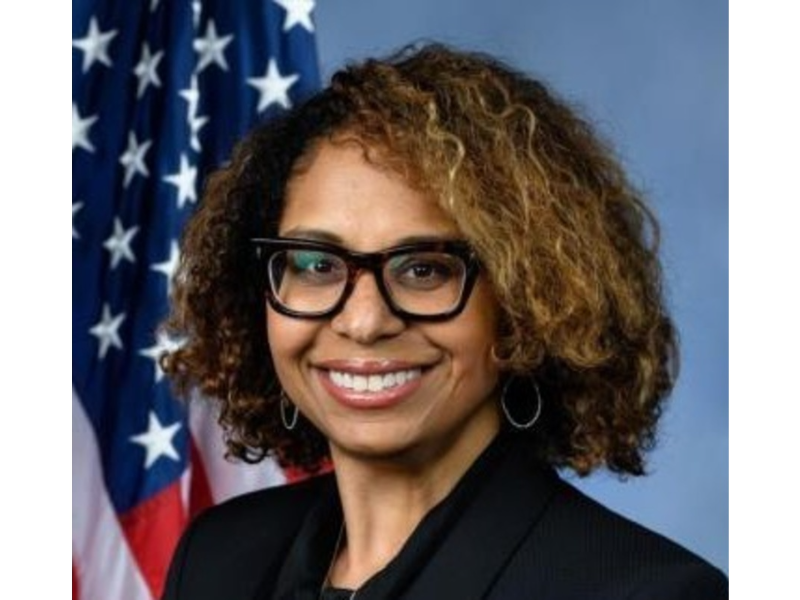



.jpg)

Comments
Start the conversation
Become a member of New India Abroad to start commenting.
Sign Up Now
Already have an account? Login